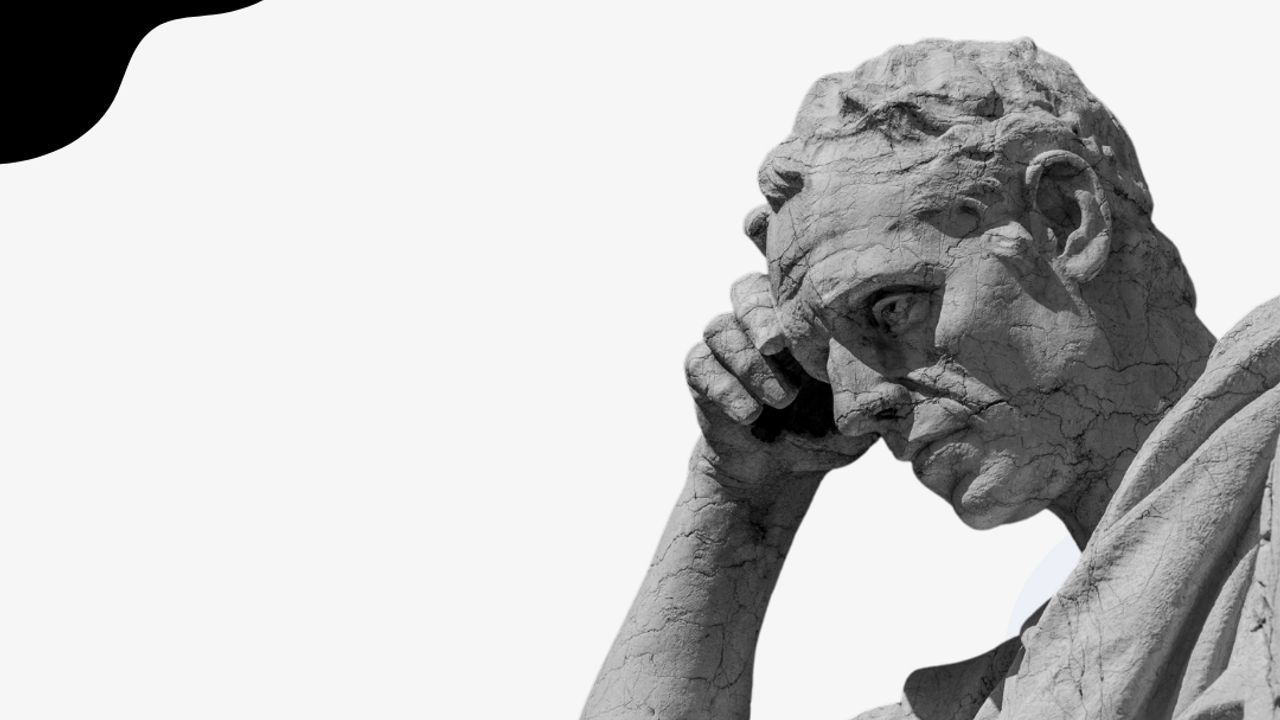
LUAN Emotional Museum · Disagreeing empathically
The world of today is as interconnected as it gets. We live in an environment marked by the economic, cultural, and technological globalization of our times, a scene where people can interact with other people in a much more diverse and complex manner. In this context, different phenomena such as migration or social media communication are the manifestation of how much people need to connect to other individuals who feel, think, and express themselves differently from them.
The French-Lebanese author Amin Maalouf has given much thought to how identity and diversity are formed, according to several perspectives. He writes history books, novels, journaling articles, and even opera and musical booklets. Aside from nourishing a scholarly interest in the history of Mediterranean cultures (which is marked by the relationships established amongst the different languages, religions, and civilizations that make it up), Maalouf has lived this cultural diversity firsthand due to moving around so much, and also due to his ancestry. He was born in Lebanon, in the bosom of an Eastern-influenced Catholic family who maintained Arabic customs parallel to European education. He was born in a cosmopolitan neighborhood in Beirut and then lived in Egypt before moving to Paris permanently during the Lebanon civil war in 1975.
Amin Maalouf has pondered deeply about why it’s important to build bridges across different worldviews through dialogue. In his book, In the Name of Identity. Violence and the Need to Belong, he explores why conflict will inevitably arise when different ways of thinking meet, and he goes on to discover how this conflict can be transmuted into a positive reinforcement of our identity. In order to achieve this, he suggests that each individual holds an attitude of reciprocity towards others, with arms ready to embrace any piece of criticism or comments of dissidence, and with a mind ready to come up with criticism infused with consideration and empathy. Criticizing others is a “right” that one needs to earn: if you prove to be open and willing to take any criticism, and if you’re kind in your own criticism of others, you’ll find that those with whom you don’t agree will listen to your words attentively and they will feel understood. This is the basis for a truly fruitful exchange.
It’s all about listening with open arms, with a mindset focused on learning rather than on debating. Maalouf provides many historic and artistic examples of this mindset. Inspired by Maalouf’s ideas, philosopher Daniel Dennett also offers four concrete steps that can lead to giving good criticism, or being able to disagree in a kind, reciprocal manner:
- Rephrase your interlocutor’s posture or opinion. Do it in such a way that the person knows that you are listening and understanding what they say.
- Point out any points that both you and they can agree upon—even if these points are very broad and general.
- Mention what you have learned by listening to your interlocutor’s point of view. Show them that what they brought to the table was useful for you.
- Only after you’ve completed the previous steps are you allowed to criticize the other person. If you follow these rules, your opinion will be heard and it will strengthen the dialogue.
As a migrant, a historian, a journalist, and an artist, Maalouf urges us to leave behind all the feelings of belligerence or defensiveness that are so characteristic of the way in which we converse (especially on social media! It’s far too easy to criticize others from behind a computer screen, with no fear of repercussion), and to come close to others in a reciprocal, more considerate approach to the great wealth of opinions around us. Let’s open our hearts, listen attentively, learn from our peers, and let’s offer reciprocal communication in return. It is definitely possible to disagree empathically!
LUAN, learning to disagree empathically.
—------–
Want to take a trip? Dive into LUAN and spend some time there. Collective exhibition, Courses, Podcast, YouTube Channel, Telegram Channel, Website. Explore beauty and reflection content that builds on community connections and emotional openness. We will not disappoint.

